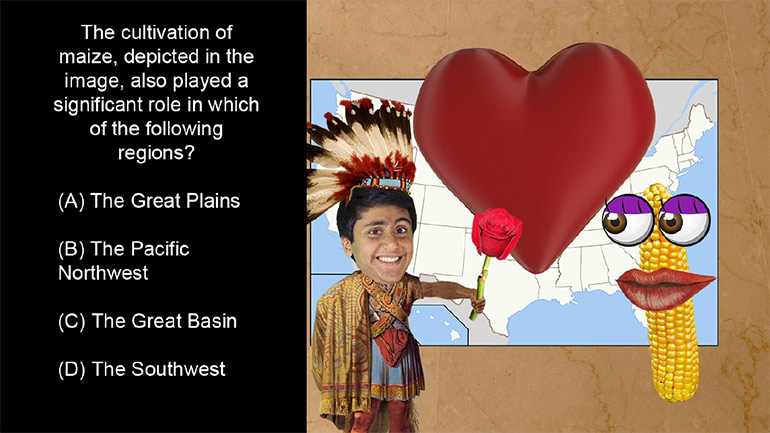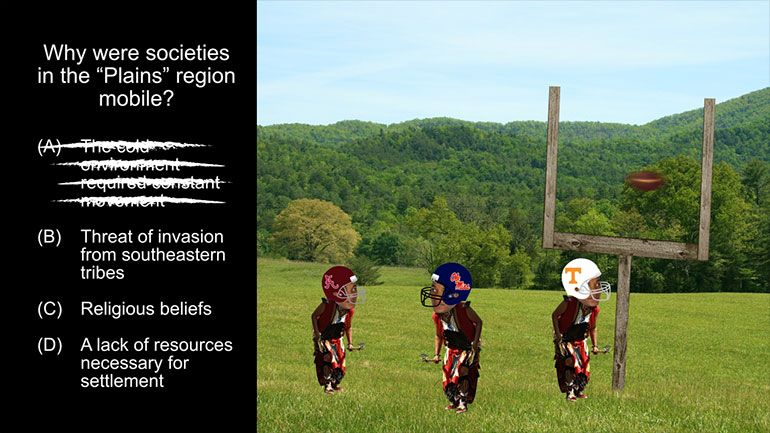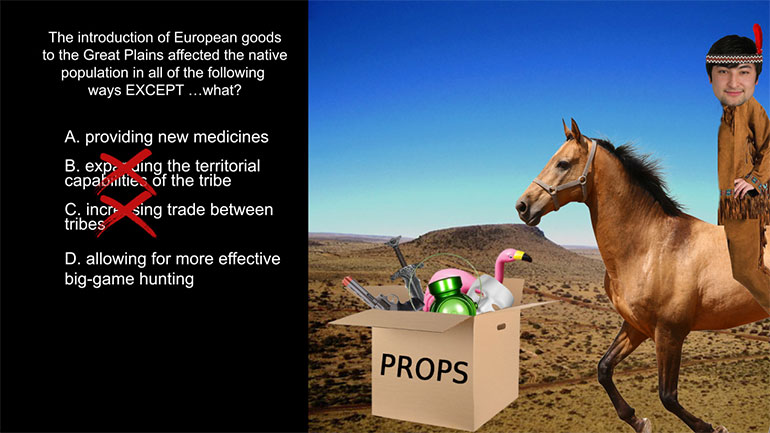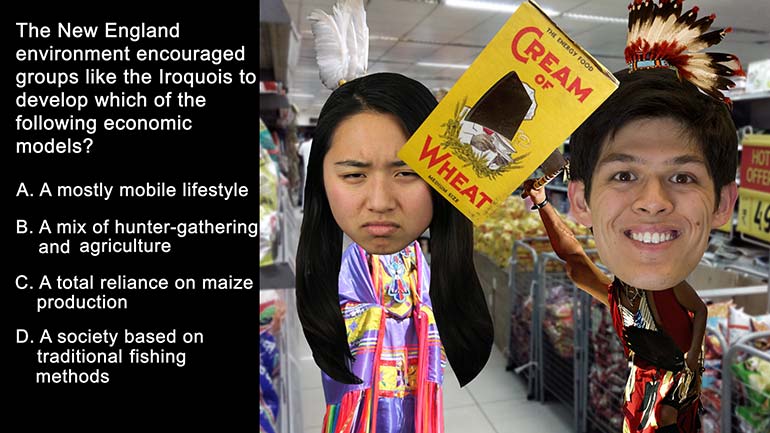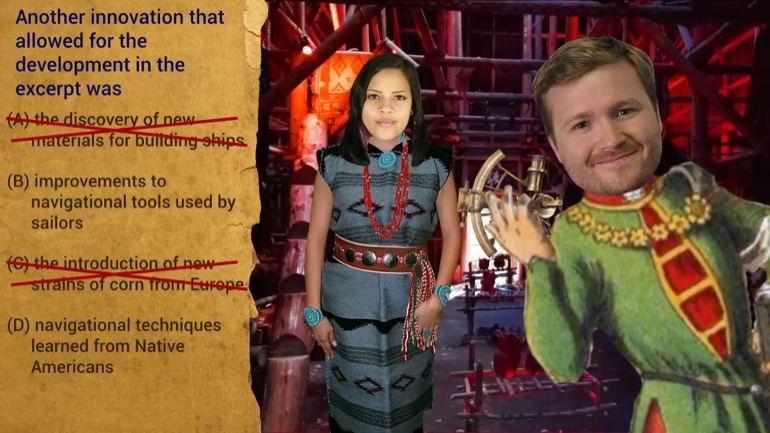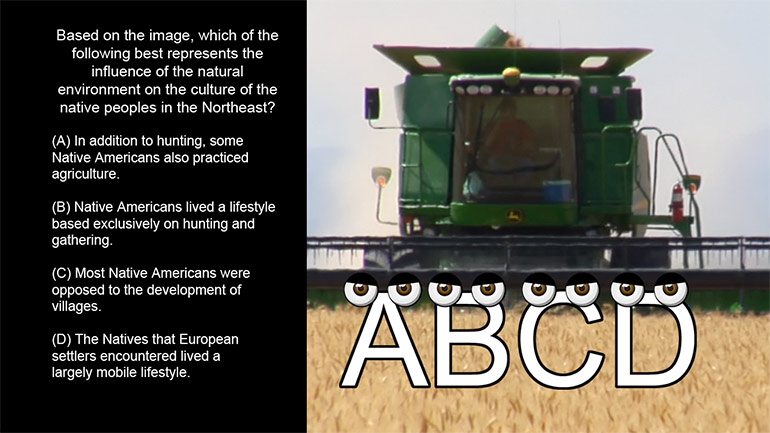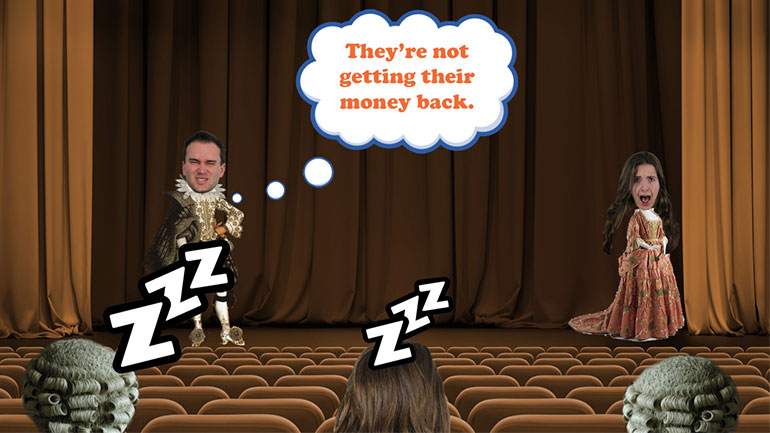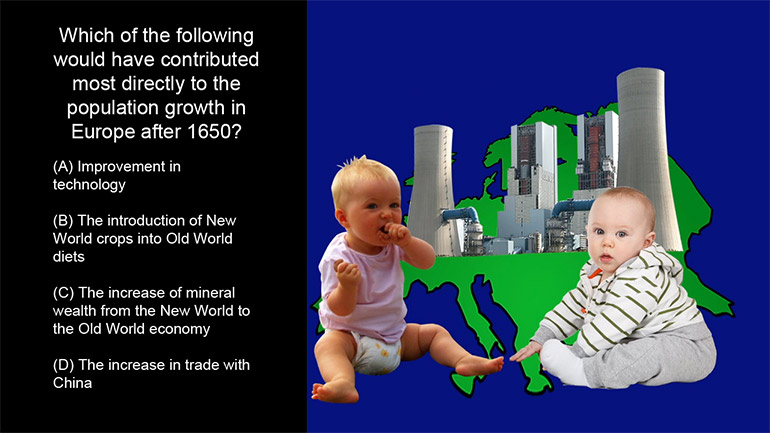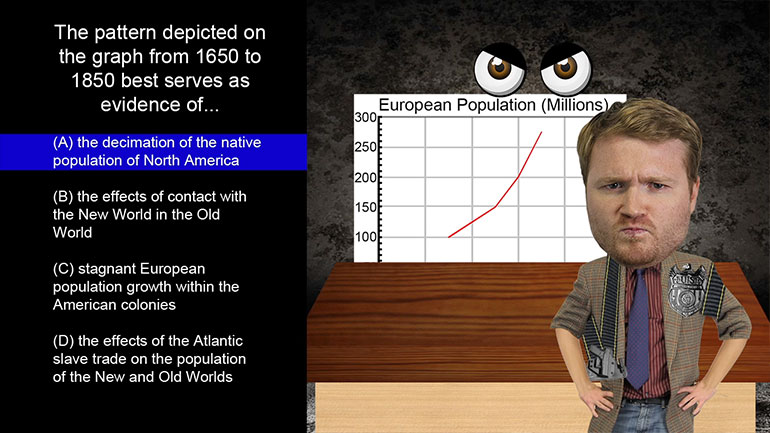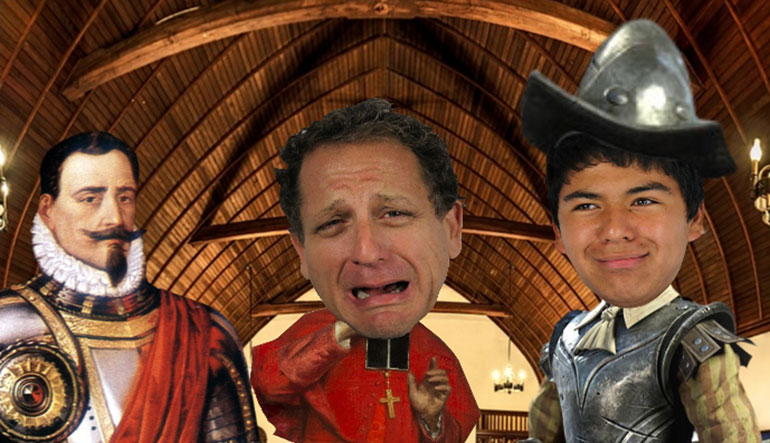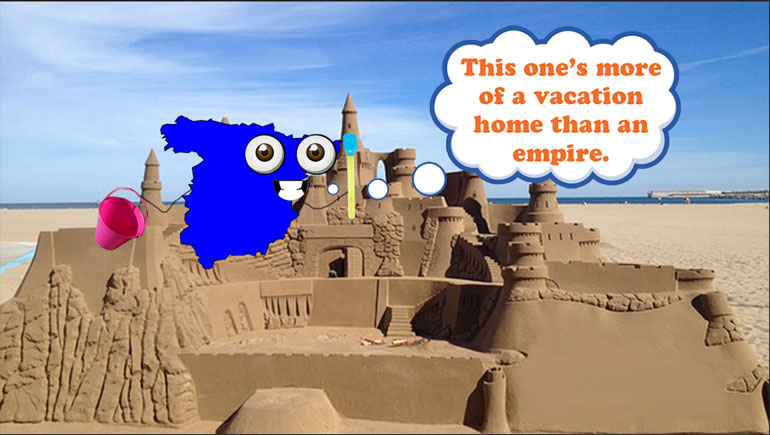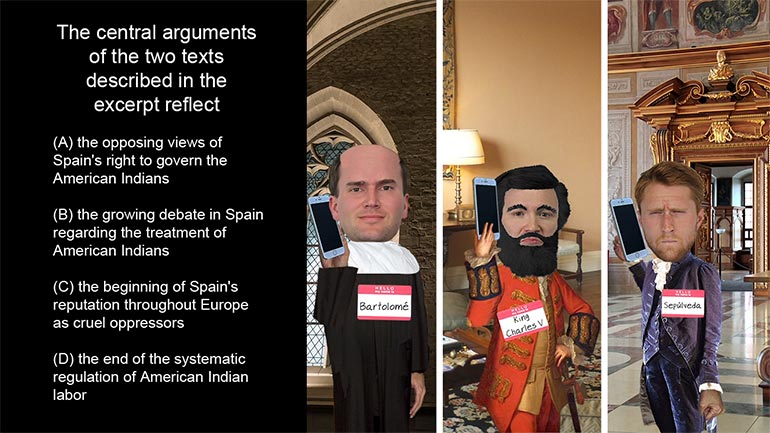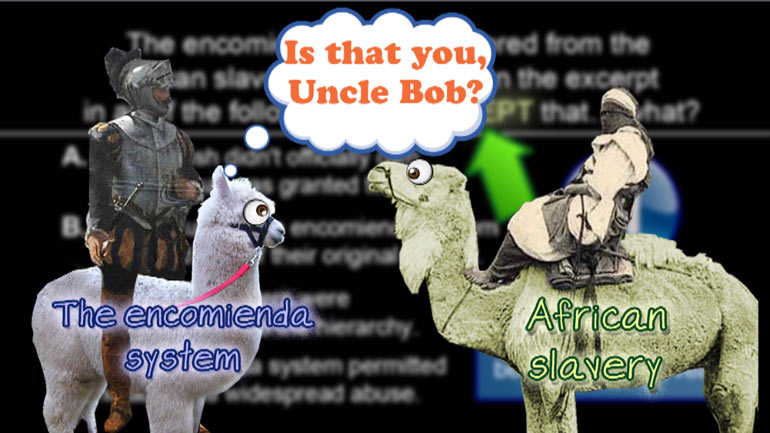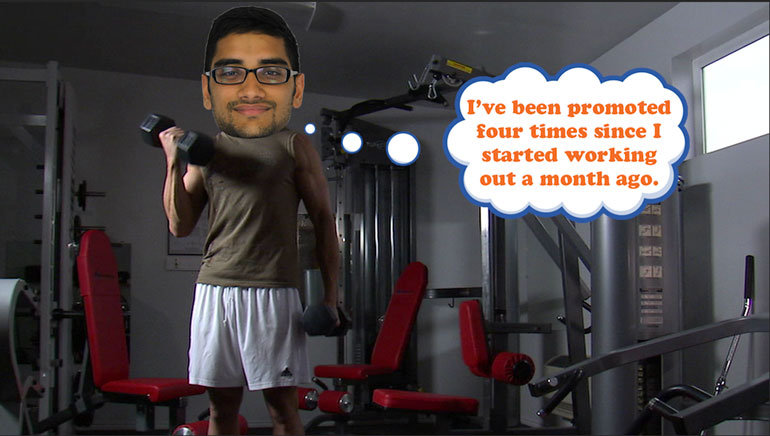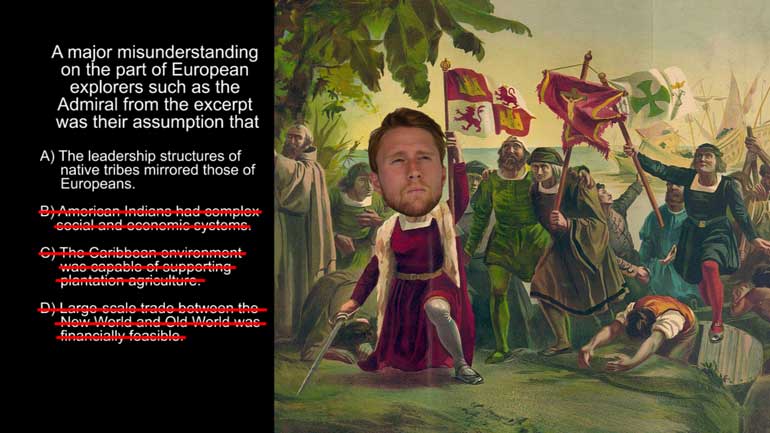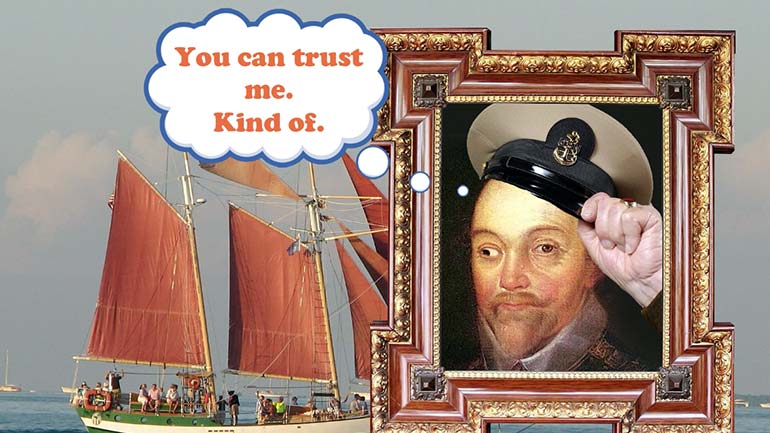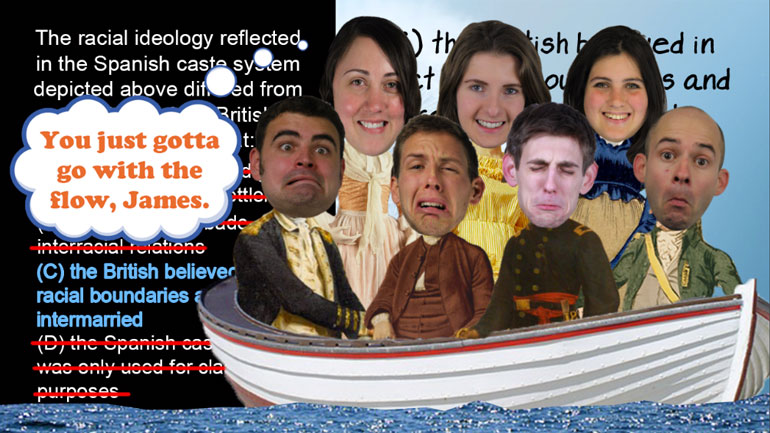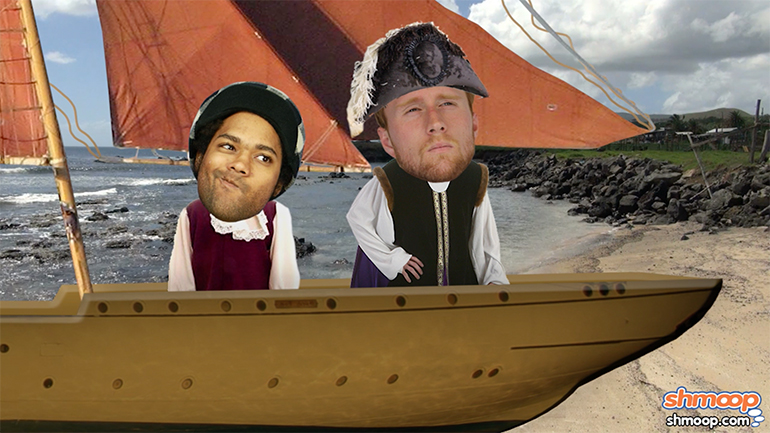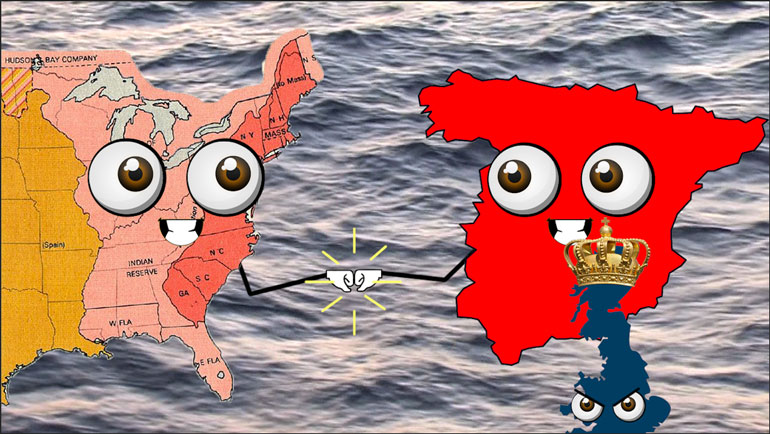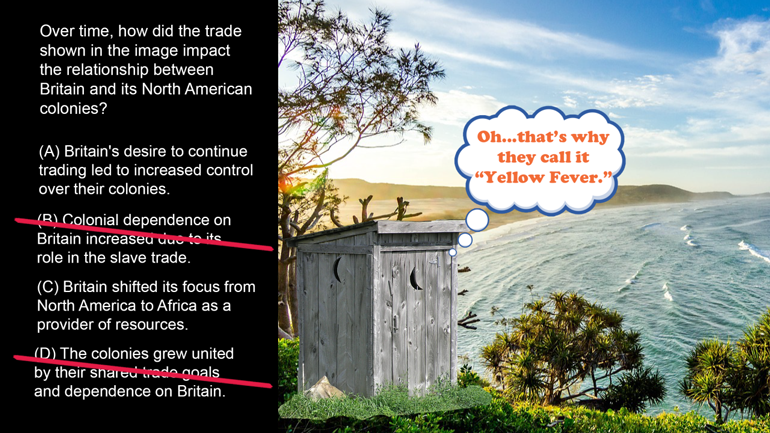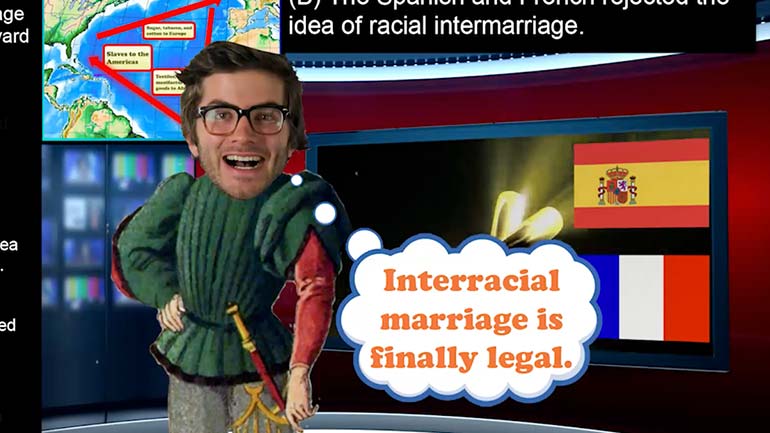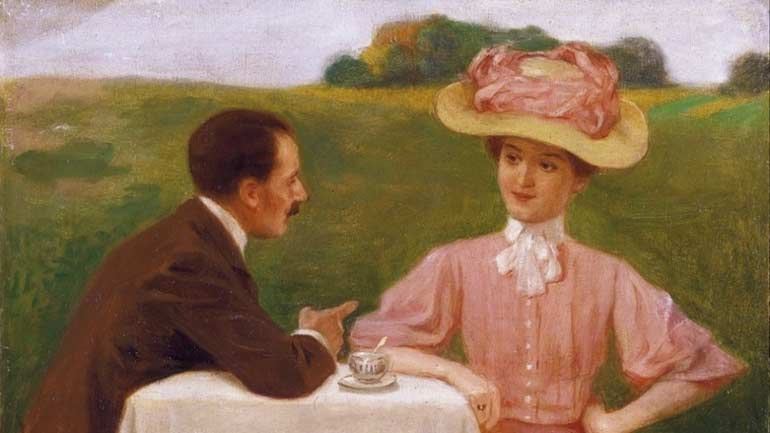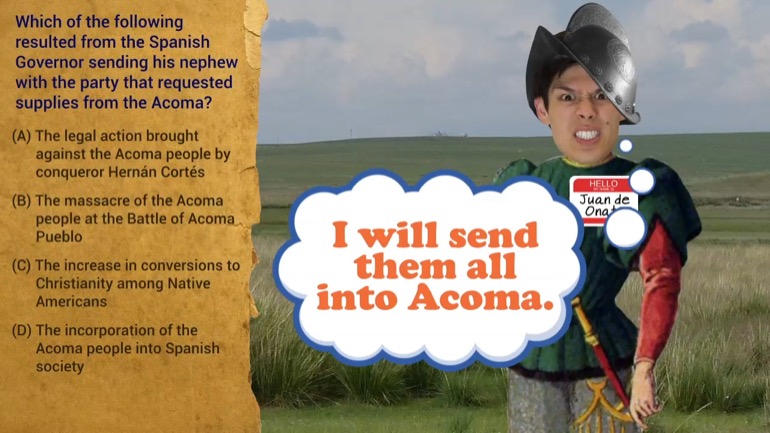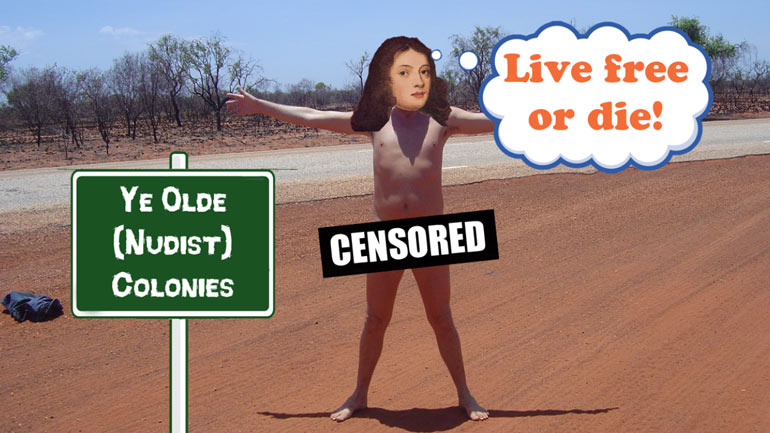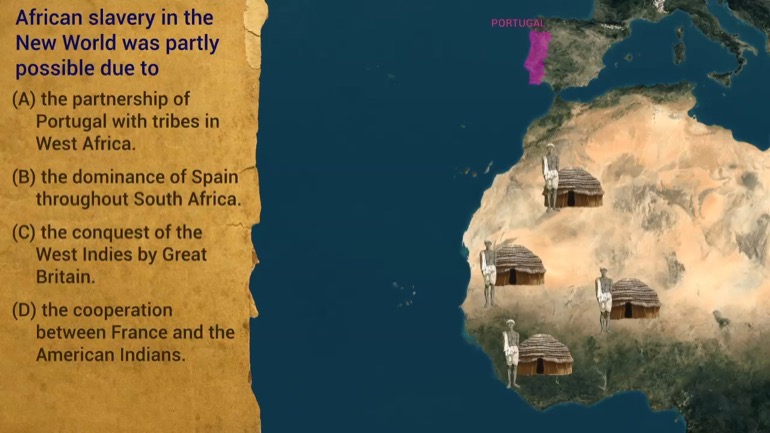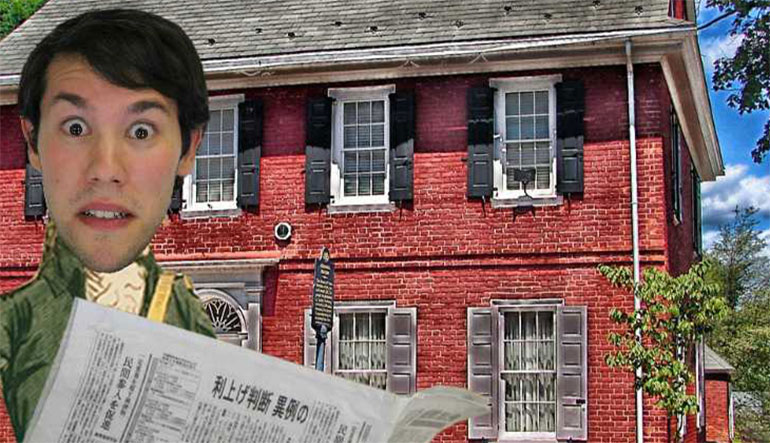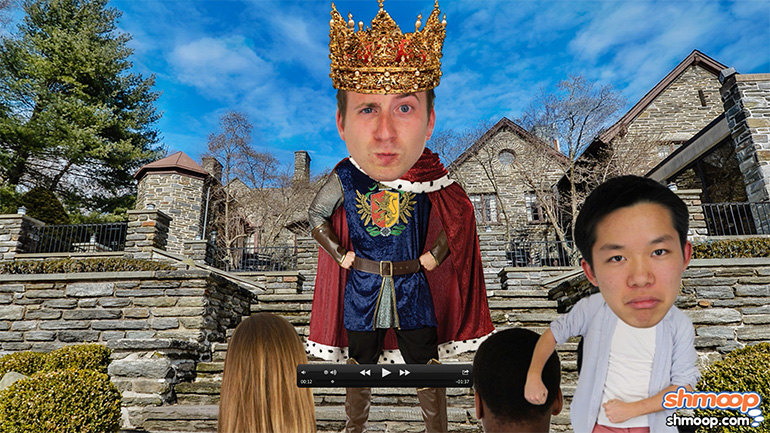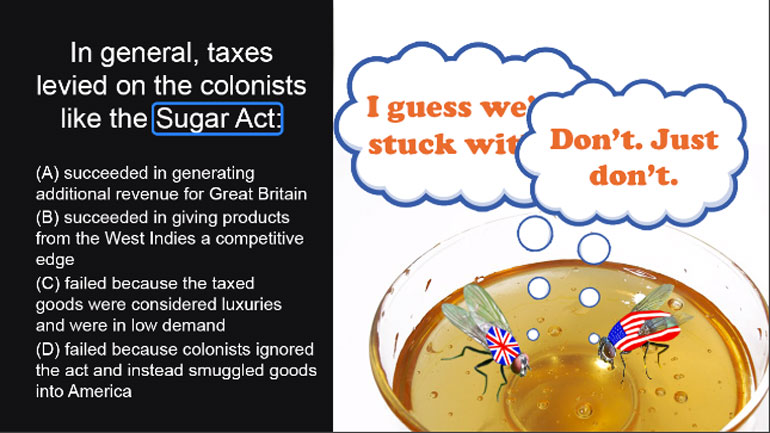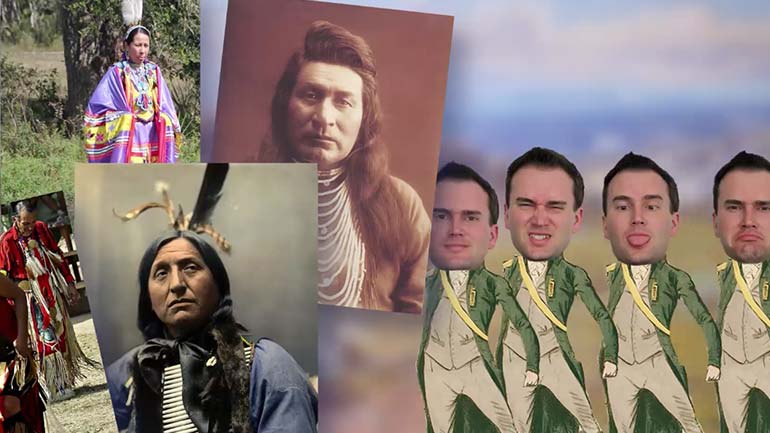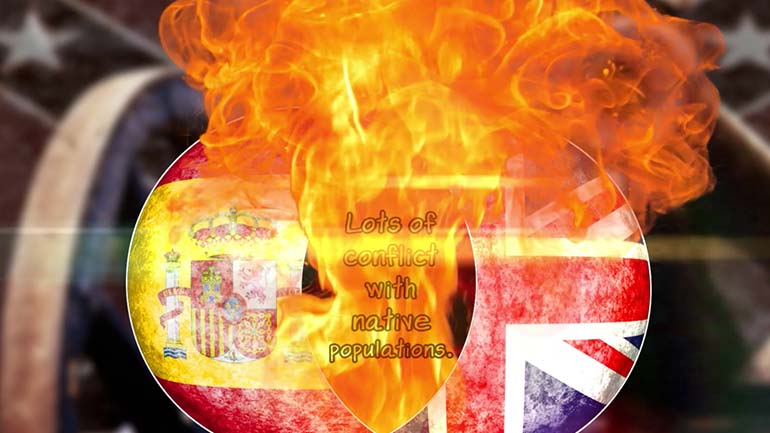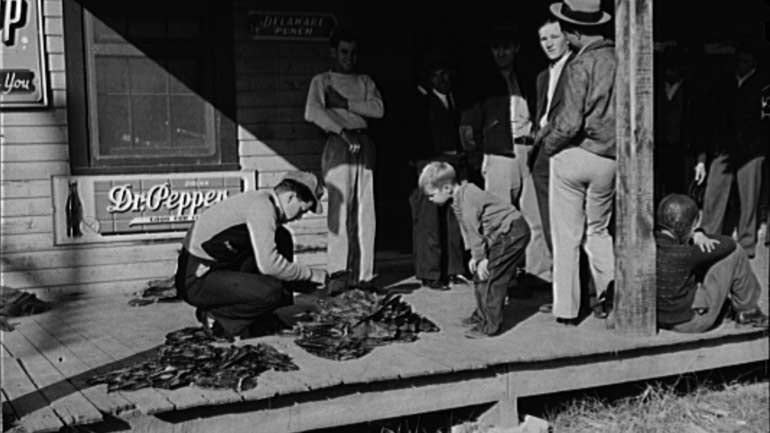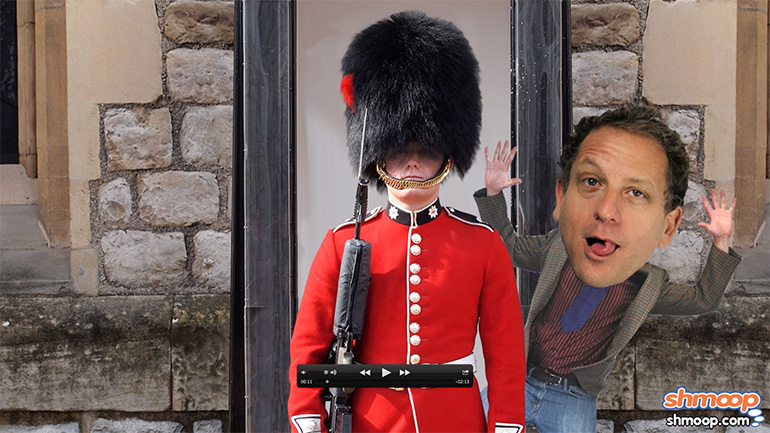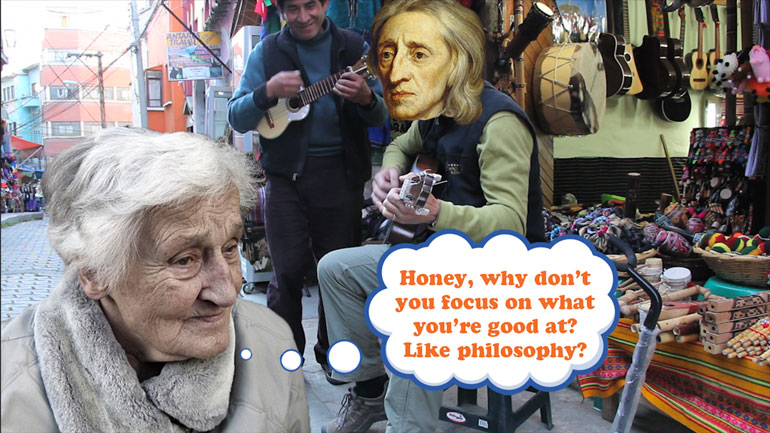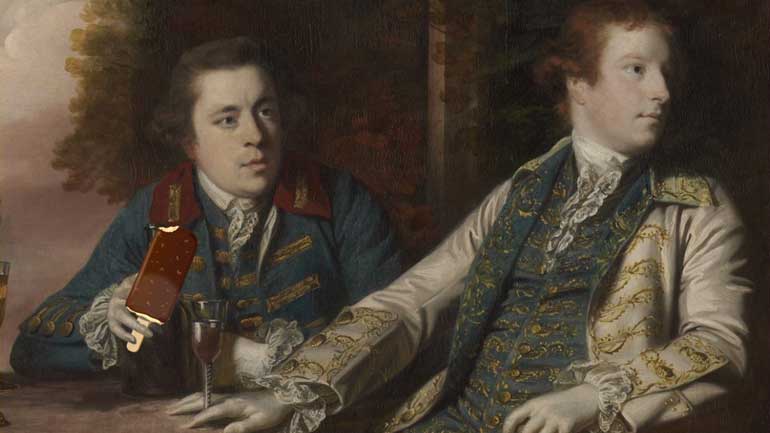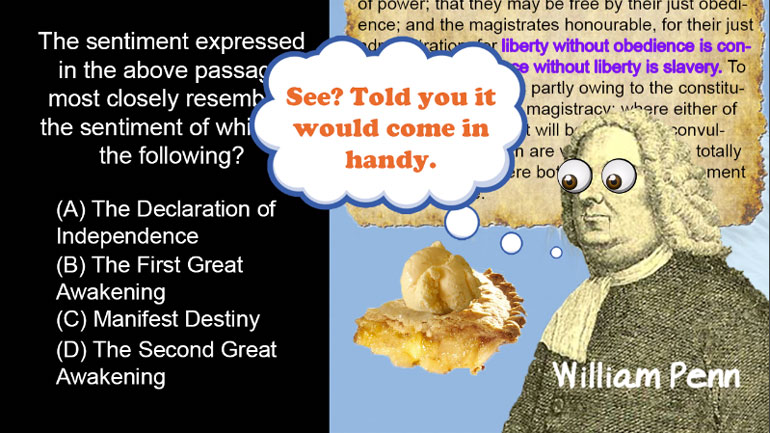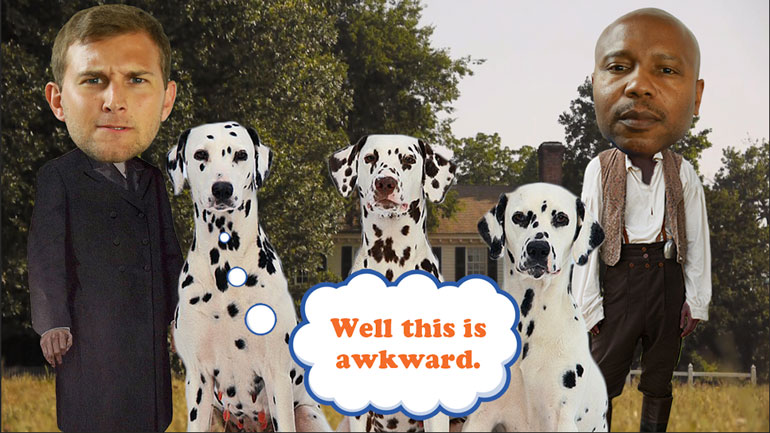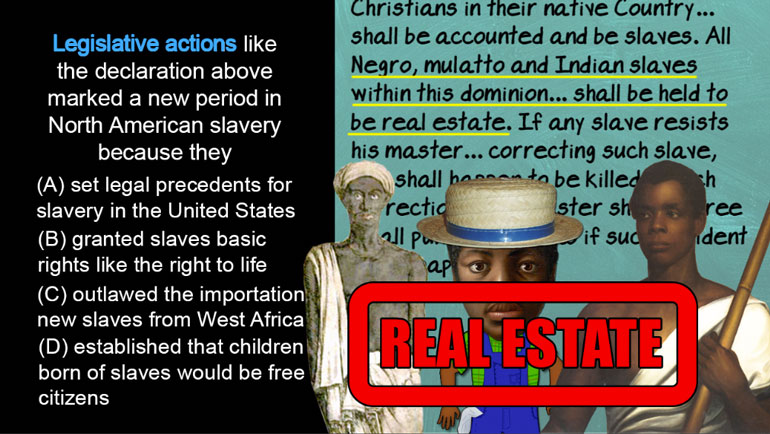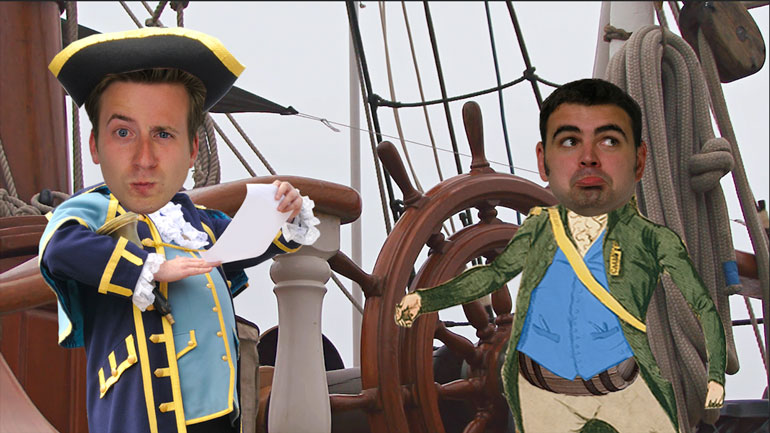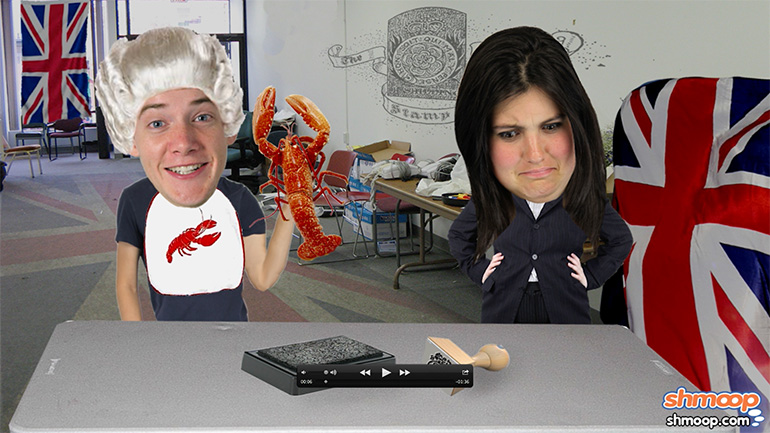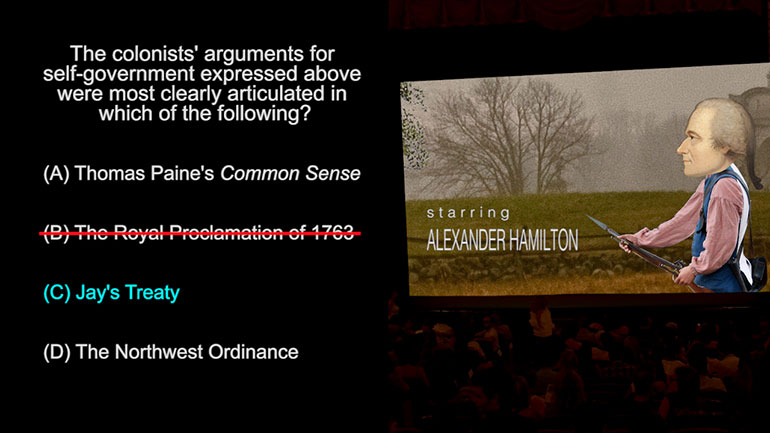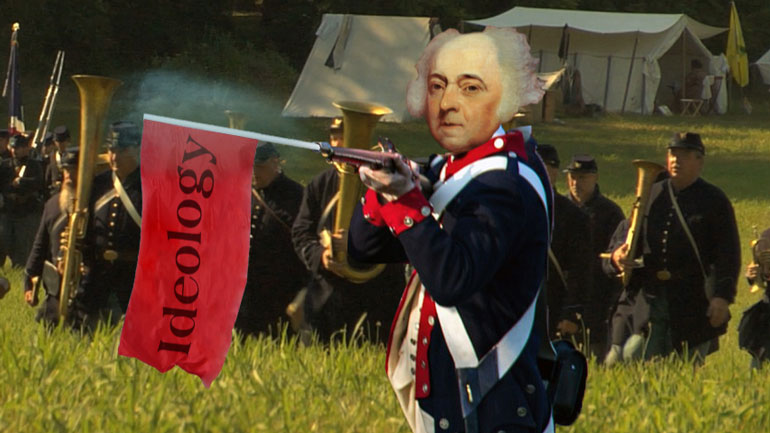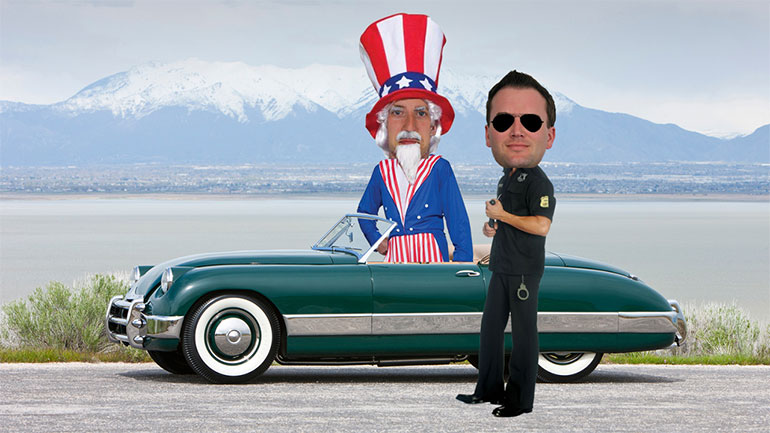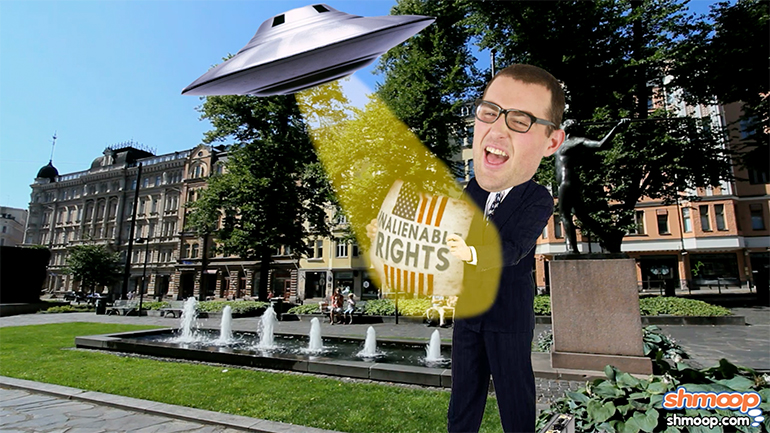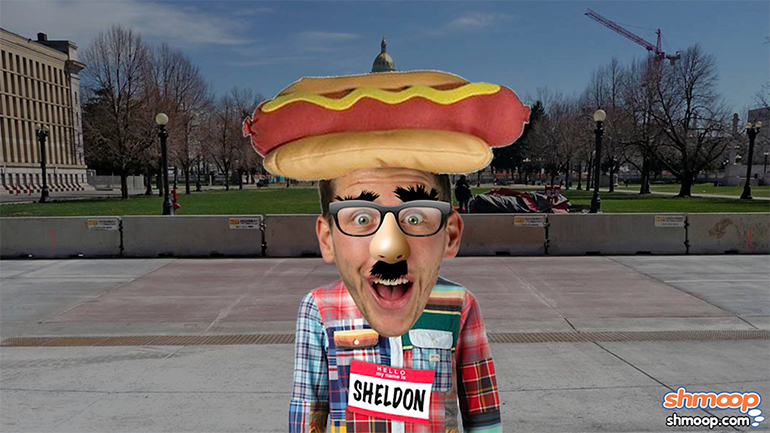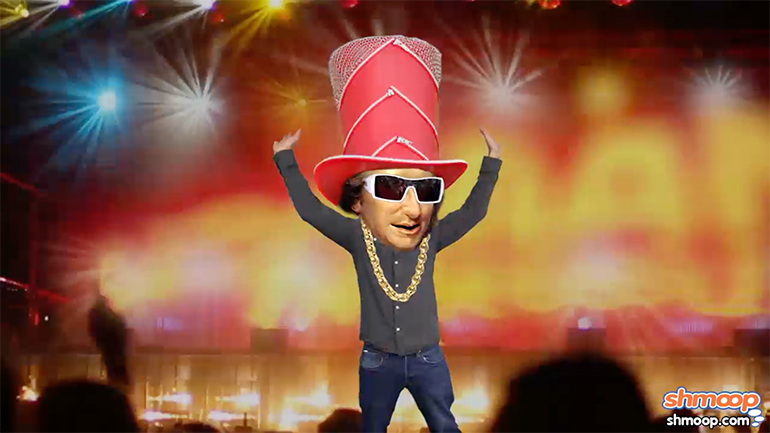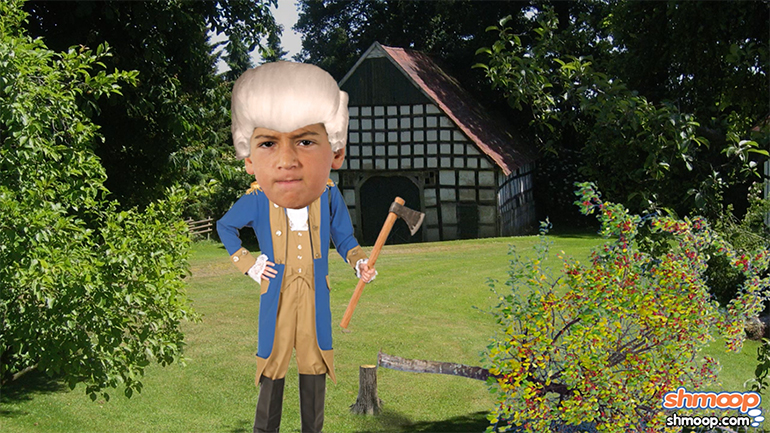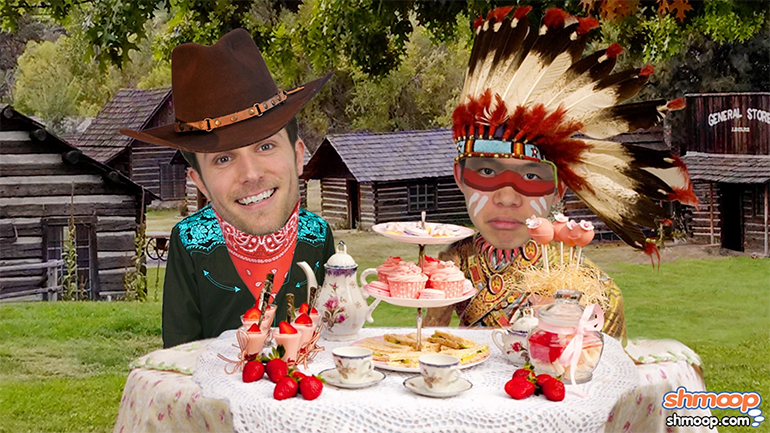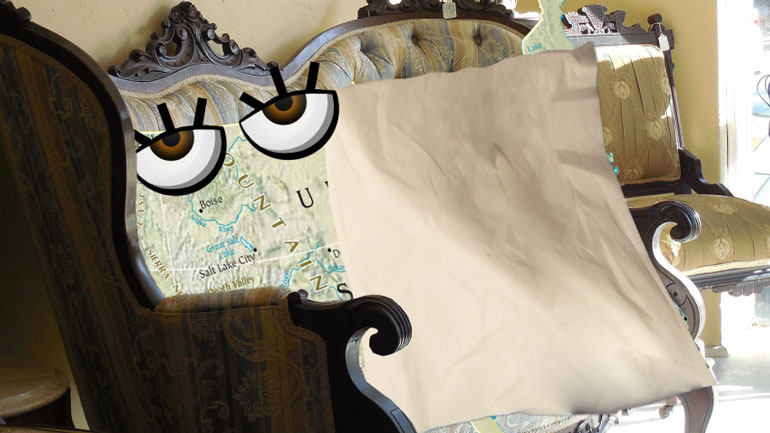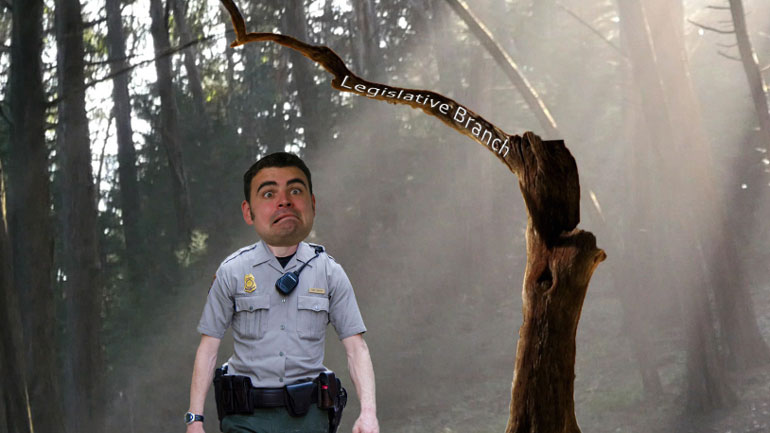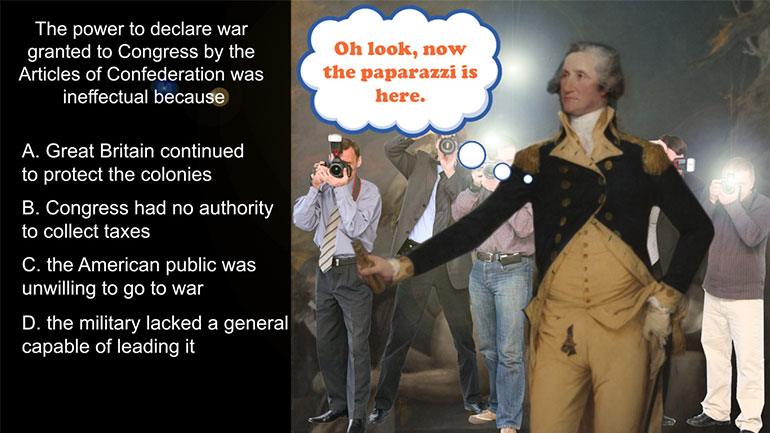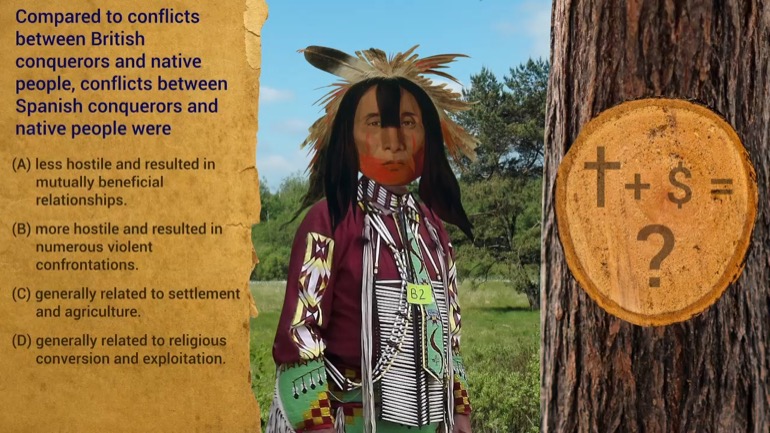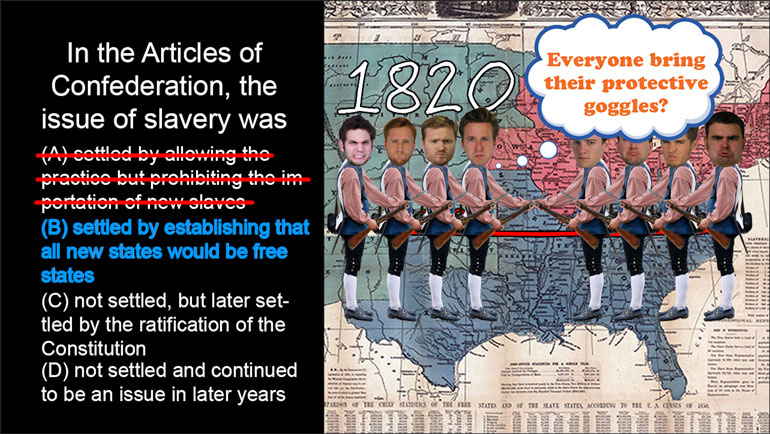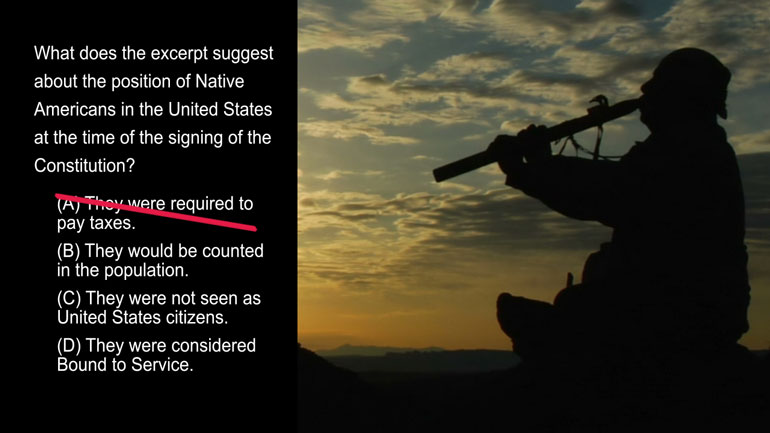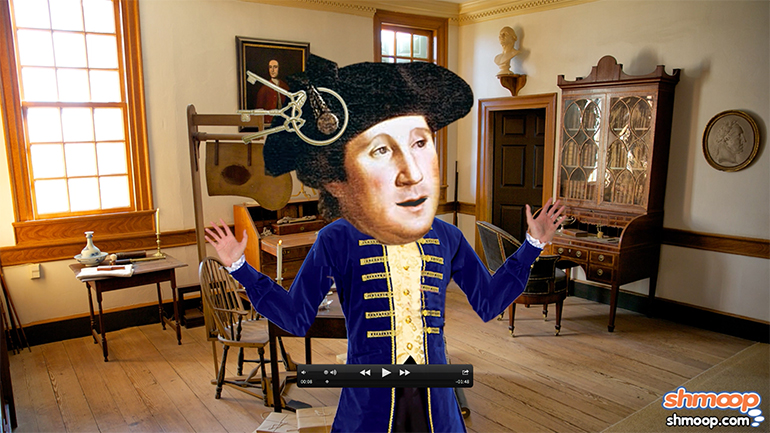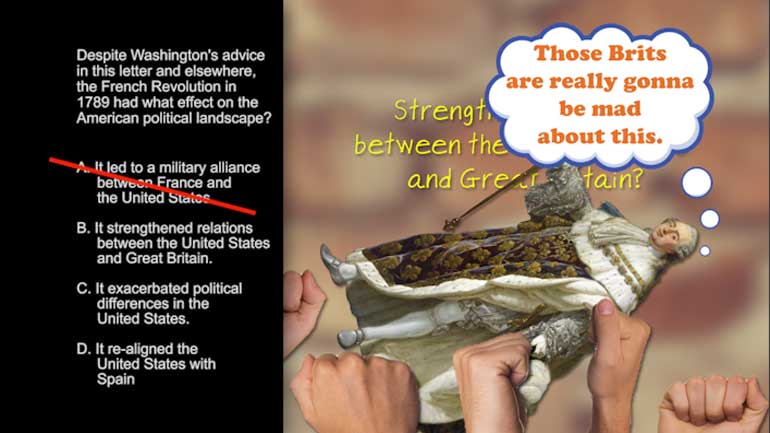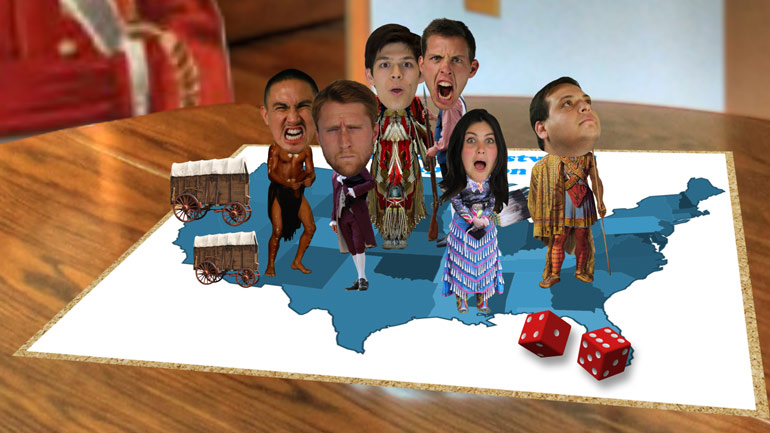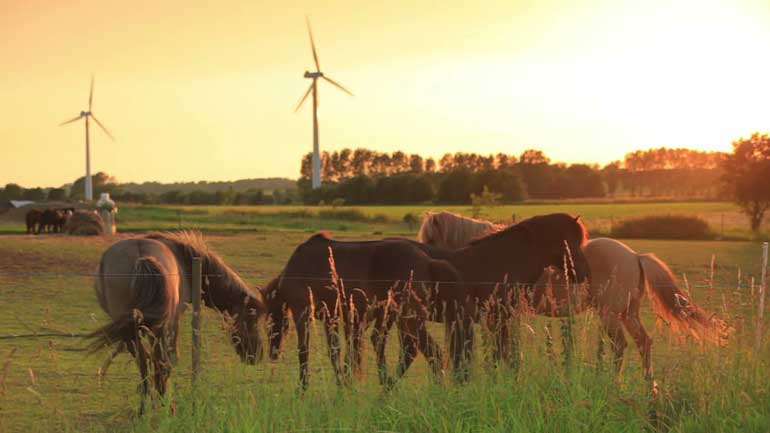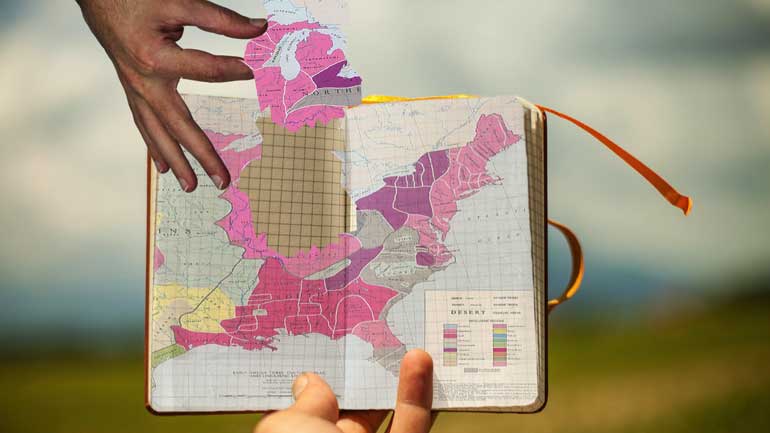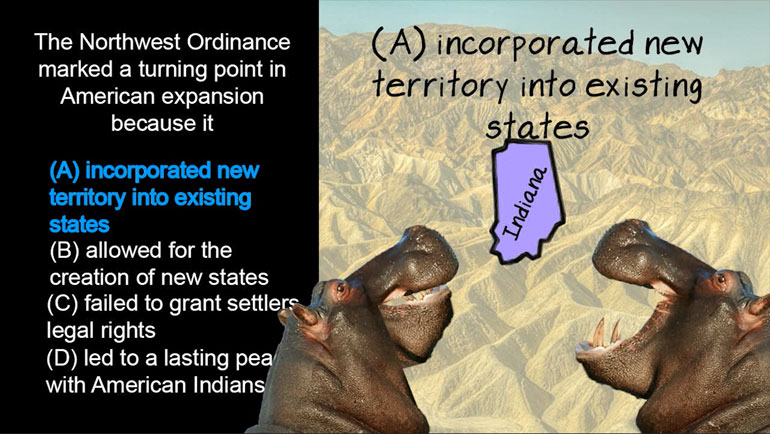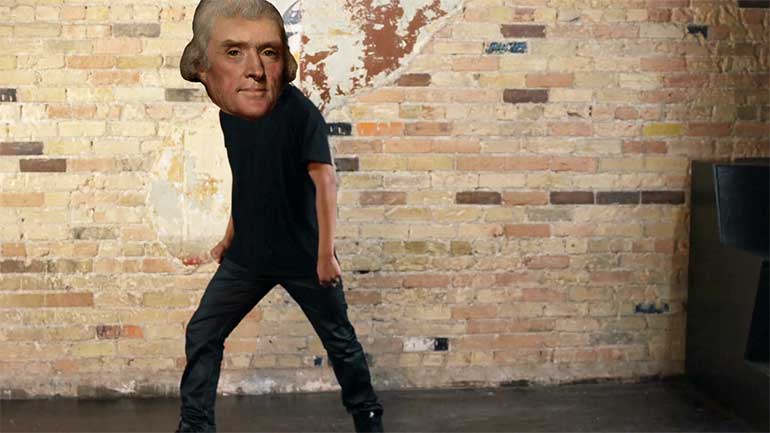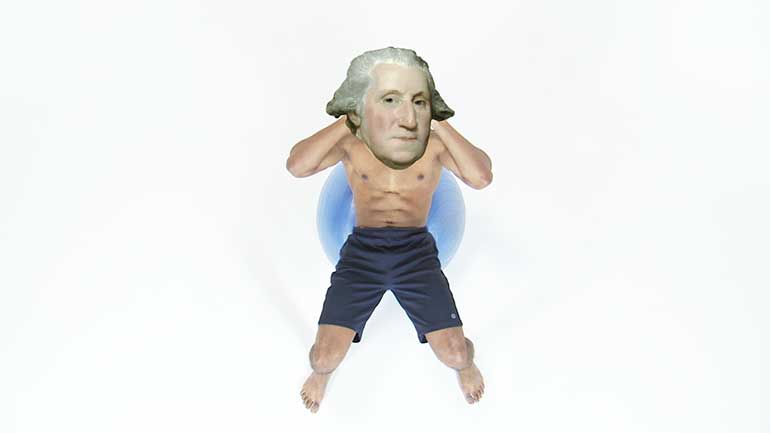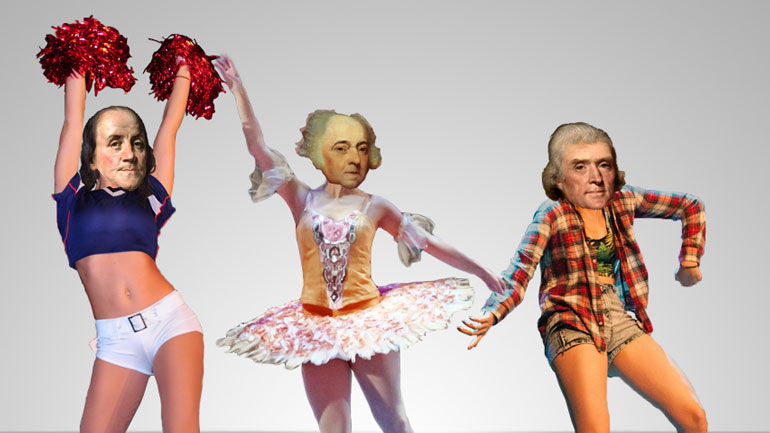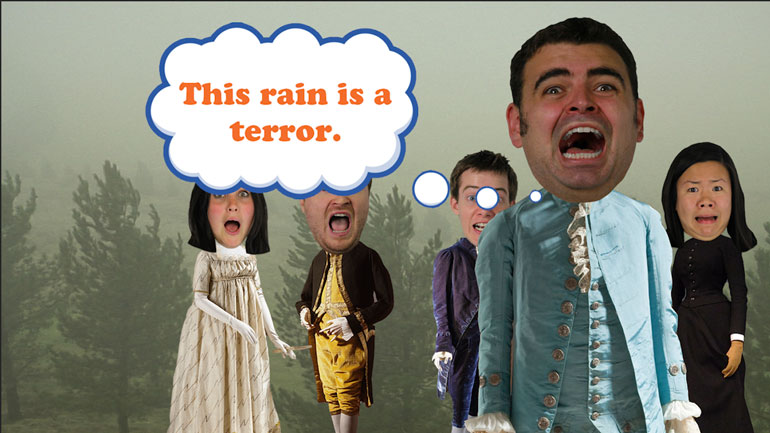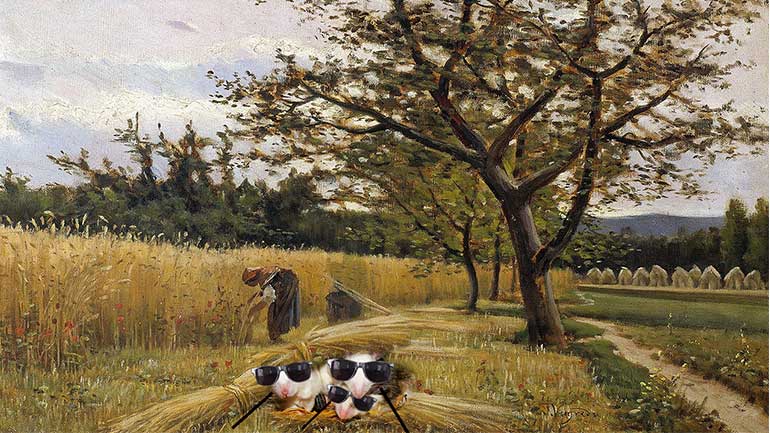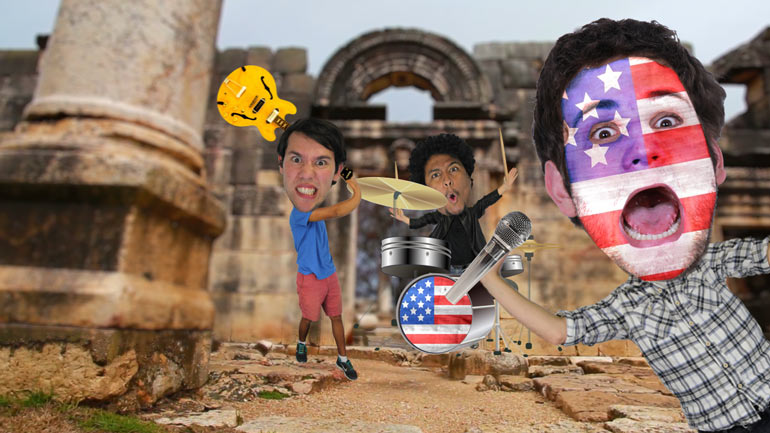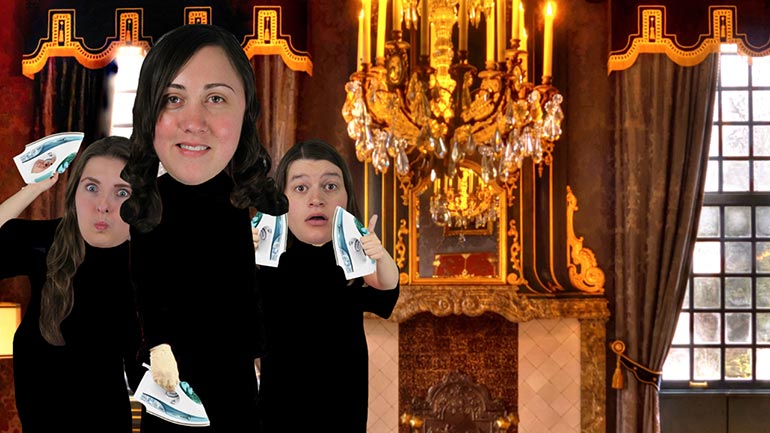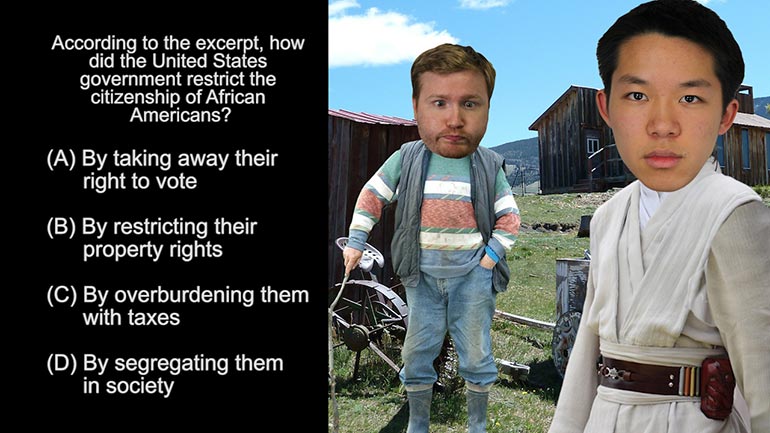ShmoopTube
Where Monty Python meets your 10th grade teacher.
Search Thousands of Shmoop Videos
AP U.S. History Videos 273 videos
Today's lesson: The Civil War. A war may be civil, but it's never pretty. Well, aside from the Pretty Pink Fairy Wars of '93...but no one seems to...
AP U.S. History Period 1: 1491-1607 Drill 3, Problem 2. The cultivation of maize, depicted in the image, also played a significant role in which of...
AP U.S. History Exam 2.2. Prior to European contact, why was it necessary for the societies of the "Plains" region on the map to live a mobile life...
AP U.S. History Diagnostic 7 188 Views
Share It!
Description:
AP U.S. History Diagnostic 7. How can the excerpt's influence be seen in the Articles of Confederation?
Transcript
- 00:00
[ musical flourish ]
- 00:03
And here's your Shmoop du jour, brought to you by the Articles of Confederation,
- 00:07
the required dress code for any burgeoning nation.
- 00:12
All right, take a look at this excerpt right here.
- 00:14
[ mumbles ]
Full Transcript
- 00:17
[ mumbling continues ]
- 00:22
[ further mumbling ] John Locke.
- 00:25
How can the excerpt's influence be seen in the Articles of Confederation?
- 00:30
And here are your potential answers.
- 00:32
[ rimshot ]
- 00:36
Following the Revolutionary War, the framers
- 00:38
of the Articles of Confederation looked to philosophers
- 00:41
like John Locke for advice on building a better government.
- 00:45
Well, let's see which answer describes how John Locke
- 00:47
played a key role in shaping this storied document.
- 00:51
Can Locke's influence be seen in the Articles of Confederation
- 00:55
A - in the property qualifications required of voters?
- 00:59
Well, actually, the Articles of Confederation stated that
- 01:02
all members of Congress would be appointed by state legislatures,
- 01:05
so there wasn't any need to mention voter qualifications.
- 01:09
Choose again, friends. Were Locke-ian philosophies
- 01:12
reflected in B - the development
- 01:14
of a leveled court system?
- 01:16
Well, nothing is perfect on the first try, especially when it comes to
- 01:19
creating a government from nothing.
- 01:21
That's why the framers ended up throwing out the Articles
- 01:24
and re-writing what would become our Constitution.
- 01:27
One of those big slip-ups was failing to create a judicial branch.
- 01:31
Another was giving each state an equal say in Congress,
- 01:35
regardless of its size. So that knocks out B and C.
- 01:38
Which means that Locke's influence on the Articles of Confederation can be seen
- 01:42
D - in the creation of a decentralized government.
- 01:47
Locke was not a Kings fan, and neither were
- 01:50
the colonists. That's why the Articles
- 01:52
placed such an emphasis on a
- 01:54
decentralized central government.
- 01:56
So D is the right answer.
- 01:57
When the farmers went back to their drawing board,
- 02:00
many continued to advocate a decentralized government
- 02:03
as they shaped what would become the Constitution.
- 02:06
Talk about having a "Locke" on the conversation.
- 02:10
[ booing ]
Related Videos
Ever heard of a "living document"? They eat and breathe just like the rest of us! They even walk around on their own two legs. Okay, fine—maybe t...
If the Puritans had gotten their way, religion would play a much larger role in lawmaking these days. Want to know more? Watch the video for all th...
What happened between the creation of the Articles of Confederation and the ratification of the current U.S. Constitution? This video analyzes the...
The Modernists thought the world had a lot of problems, and they were intent on fixing them—or at least talking about fixing them. Unfortunately,...
This video explains Federalism and the quest for a fair balance between state and national power. It covers the progression and compromises of Fede...

